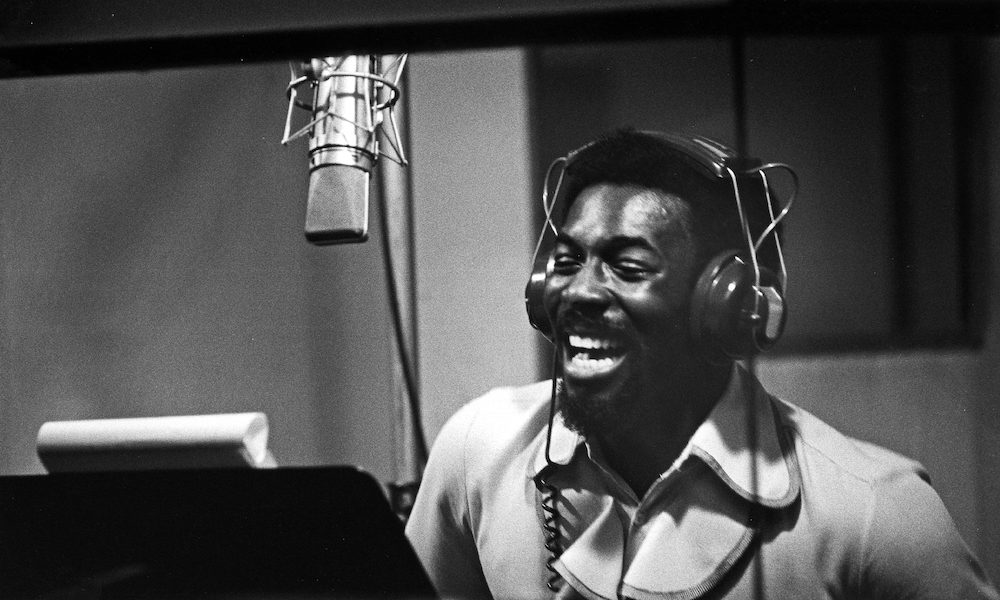‘You Keep Me Hanging On’: Wilson Pickett Takes On The Supremes
Late in 1969, the wicked Pickett boldly interpreted the Motown stars’ 1966 pop and soul No.1.

Late in 1969, Wilson Pickett was in Miami, laying down tracks for what would become his tenth studio album, Right On. His renowned powers of interpretation gave the mighty Alabama soulman the ability to turn almost any song into a soul gem, as he’d proved again that year with covers of The Beatles’ “Hey Jude,” Steppenwolf‘s “Born To Be Wild,” and “Hey Joe,” best known in its version by Jimi Hendrix. The last cover was particularly appropriate, as the American guitar star had played behind the soul man in his pre-fame days.
On December 13, Pickett entered the US R&B chart for the fifth time in 1969, and the 27th time in total, with a single that would go on to feature on the Right On album. This time, the artists in his sights were Motown royalty, as he boldly interpreted a 1966 song that had been a pop and soul No.1 for the Supremes, “You Keep Me Hanging On.”
Motown versatility
The Holland-Dozier-Holland gem had already proved its versatility when a psychedelic rock version by Vanilla Fudge became an American Top 10 hit in 1967. It would later provide great success for many artists across a wide range of genres, from Kim Wilde’s pop rendition of 1987, which became a US No.1, to country star Reba McEntire’s improbable dance hit with it in 1996.
Pickett’s version started with churchy organ before the arrival of strident horns and some guitar detail. The singer took it at a slow pace with female backing vocals, provided by Judy Clay, Cissy Houston, and others.
The Atlantic single may not have been one of Pickett’s biggest hits, but it rose to No.16 on the R&B chart in a five-week run, edging to No.92 on the Hot 100. The Right On album arrived in March 1970 with a 13-week R&B chart run that took it to No.36.
Listen to the Greatest Soul 45s playlist.













rivlax
December 14, 2016 at 3:01 pm
Yes, this was originally a Supremes song, but Wilson’s version is most definitely inspired by the psychedelic version by Vanilla Fudge, not the original one by Diana, Flo, and Mary.
Rex Patton
December 14, 2016 at 3:44 pm
Pickett sings it well, but the arrangement was stolen from the Booker T and the Mg’s version.